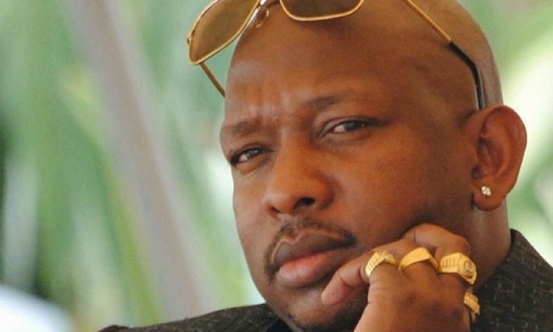
Nearly everyone outside America but with keen interest on it and its role in global politics vouched for Ms Hillary Clinton’s candidature last year. To them, there was no way a human being with obnoxious credentials such as Donald Trump could beat such a polished lawyer and former Secretary of State, to the helm of global leadership as US President. Dark secrets of gender abuse, a retinue of divorces and a disgusting portrait of a randy sexist could not stop the American voter from electing Trump.
Just this week, the French preferred a social example of “weird love brewed at the theatre hall”. Faced by two distinct choices; polished lawyer Marine Le Pen, 49, and former civil servant, Emmanuel Macron, they chose the latter.
It is not about credentials. It is only that Macron, 39, was “a sugar boy” to his 64-year-old former teacher, Brigitte Trogneux. She was Macron’s arts teacher and play director when he was only 16. This was enough juice for French as well as globally circulating tabloids. With a scrutiny of family life, Macron would not pass as a good example for French young adults.